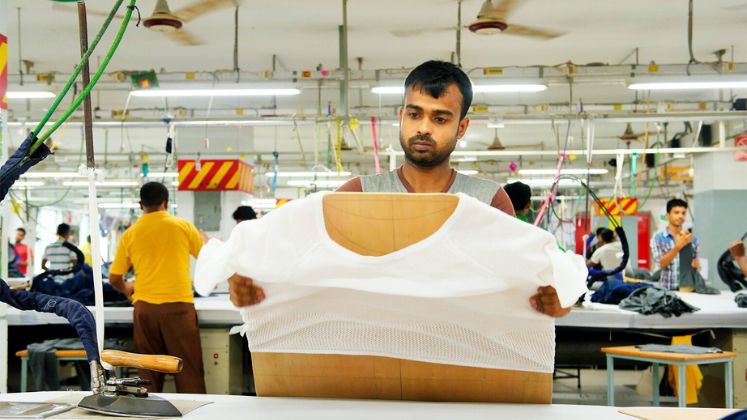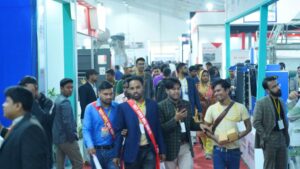
Researchers from Cornell University’s Global Labor Institute (GLI) have urged the Bangladesh Government to implement an annual review and wage-setting process for garment workers, moving away from the current five-year cycle. The researchers highlighted that inflation rates have been eroding the purchasing power of workers earning the minimum wage, leading to significant income loss over the years.
Jason Judd, executive director of GLI, addressed journalists in Dhaka, stating that garment workers currently receive only a nine percent annual adjustment to their basic wages, primarily intended to offset inflation. However, he pointed out that actual inflation rates may exceed this adjustment, further disadvantageing workers.
The analysis criticised the longstanding minimum wage policy, which favours employers and does not adequately protect workers in the face of rising living costs. It also noted that the purchasing power of Bangladeshi workers is considerably lower compared to their counterparts in other apparel-producing countries.
In light of these findings, researchers called for a simplification of the minimum wage structure and an annual wage adjustment. They recommended that genuine trade union representatives, selected by labour federations, be appointed to the wage board to ensure fair representation in the wage-setting process.
The report referenced Cambodia’s successful overhaul of its wage-setting policy a decade ago, which resulted in regular wage growth alongside increased orders and production. The researchers suggested that Bangladesh adopt a similar approach by institutionalizing an annual review of minimum wages and planning the next review of the 2023-set minimum wage for 2025.
Additionally, the study advocated for explicit commitments from brands to support wage increases through higher prices, emphasizing the need to distinguish between genuine worker representatives and others in the wage-setting process. It also called for extending freedom of association and bargaining rights to workers in export processing zones to enhance democratic representation and strengthen wage enforcement efforts.






